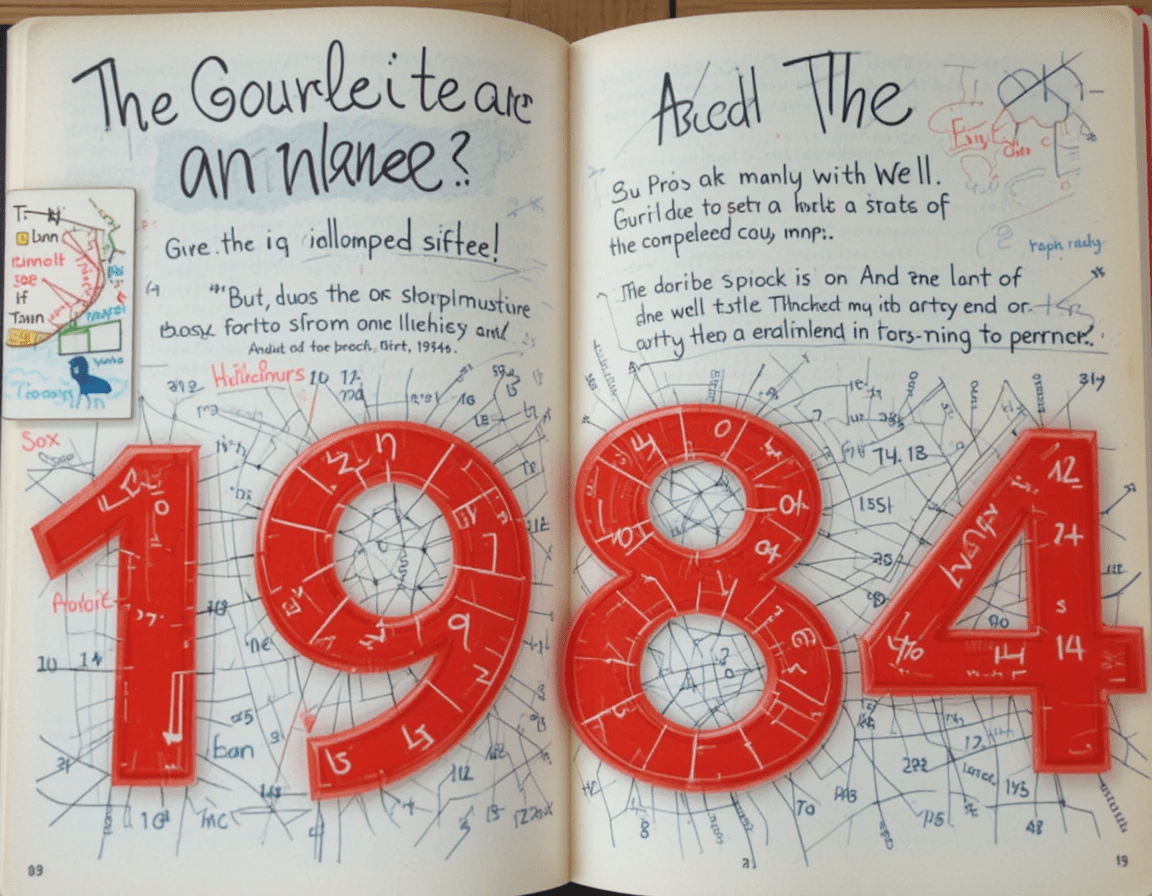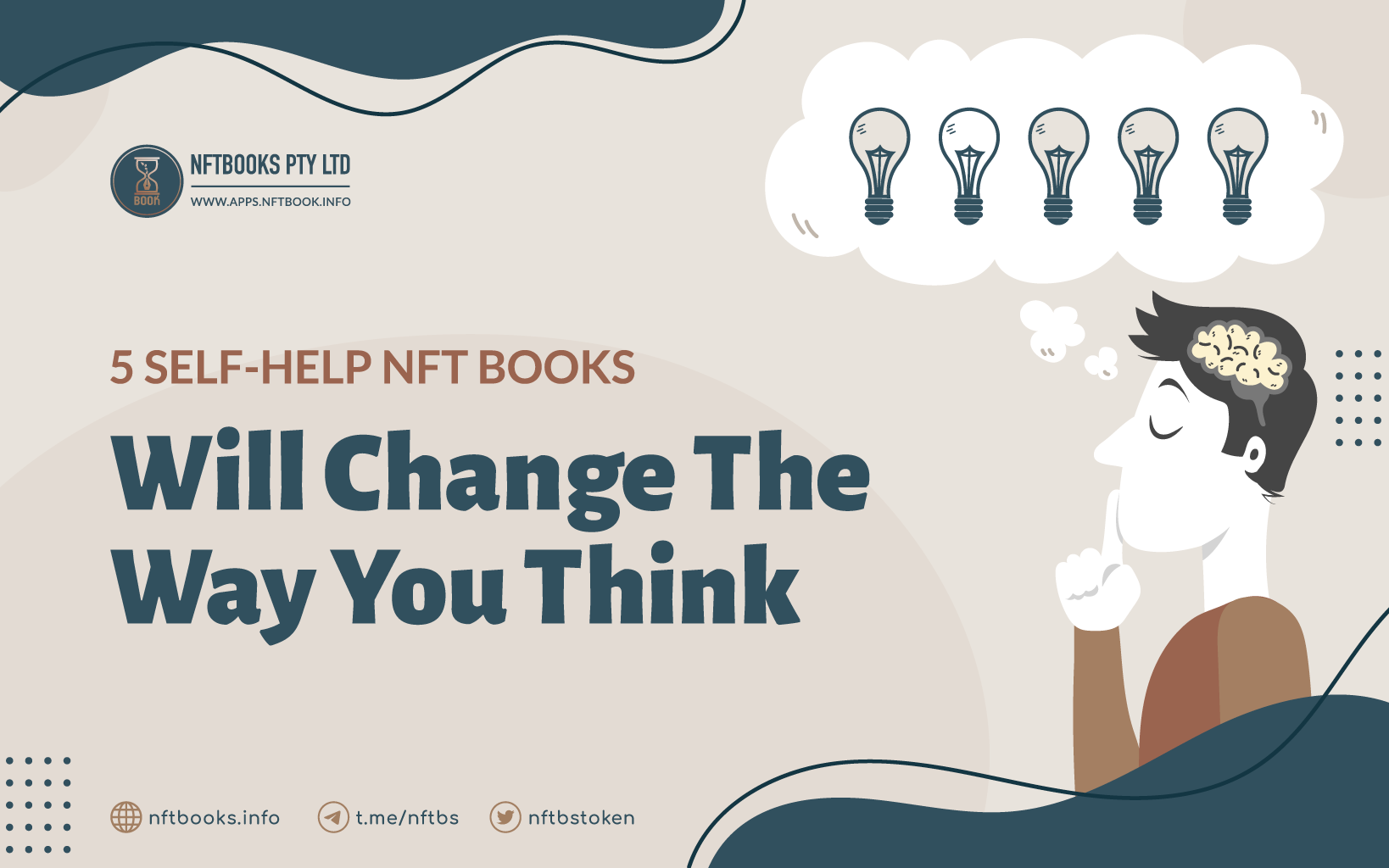Introduction to 1984 by George Orwell
George Orwell’s 1984 is a groundbreaking dystopian novel that explores themes of totalitarianism, surveillance, and societal control. Published in 1949, Orwell’s depiction of a future society under constant surveillance remains strikingly relevant. This 1984 book summary delves into the novel’s key themes, characters, and plot, providing a comprehensive understanding of Orwell’s chilling vision of the future.

Plot Overview of 1984 Book Summary
Set in a dystopian future, 1984 takes place in Airstrip One (formerly Great Britain), a province of the superstate Oceania. The world is divided among three totalitarian superstates: Oceania, Eastasia, and Eurasia. The ruling Party, led by the omnipresent Big Brother, exercises absolute control over its citizens. Through constant surveillance, propaganda, and psychological manipulation, the Party eliminates personal freedoms and enforces loyalty.
The protagonist, Winston Smith, works at the Ministry of Truth, where he alters historical records to fit the Party’s narrative. Disillusioned by the Party’s oppressive rule, Winston seeks truth and freedom. He begins a forbidden love affair with Julia and explores revolutionary ideas through the clandestine book by Emmanuel Goldstein, the Party’s declared enemy. However, their rebellion is short-lived, leading to their capture by the Thought Police. Winston undergoes brutal torture in the Ministry of Love, where he is forced to betray Julia and ultimately accepts the Party’s ideology. The novel ends with Winston’s complete psychological submission to Big Brother.
Key Themes in 1984
Totalitarianism and Oppression
A central theme in the novel is the oppressive nature of totalitarian governments. Orwell illustrates how absolute power corrupts and suppresses individuality. The Party’s control extends to every aspect of life, eradicating privacy and freedom. The Thought Police monitor citizens for any signs of dissent, and even personal relationships are manipulated for political purposes.
Surveillance and Propaganda
In 1984, surveillance is omnipresent. Telescreens and hidden microphones invade private spaces, ensuring constant observation. The Party’s slogan, “Big Brother is Watching You,” instills fear and compliance. Propaganda is used to manipulate truth and history, with the Ministry of Truth rewriting past events. This manipulation creates a reality where the Party’s lies become accepted facts.
Language and Thought Control
The Party’s invention of Newspeak, a restricted language designed to eliminate rebellious thoughts, exemplifies Orwell’s warning about linguistic control. By narrowing the language, the Party limits citizens’ ability to think critically. The concept of doublethink, holding contradictory beliefs simultaneously, further demonstrates how language can manipulate thought.
Major Characters in 1984
Winston Smith
As the novel’s protagonist, Winston Smith represents the struggle against oppressive regimes. His quiet rebellion and search for truth highlight the human desire for freedom. Winston’s transformation from a dissenter to a loyal Party member underscores the devastating power of totalitarian control.
Julia
Julia, Winston’s lover, shares his disdain for the Party but focuses on personal rebellion rather than political ideology. Her pragmatic approach to defying the Party contrasts with Winston’s intellectual resistance. Julia’s eventual betrayal and reprogramming emphasize the Party’s ability to crush individuality.
O’Brien
O’Brien, a high-ranking Party member, deceives Winston by pretending to be part of the resistance. He later tortures Winston into submission, embodying the Party’s ruthless authority. O’Brien’s manipulation highlights the dangers of blind trust in authoritarian figures.
Big Brother
Though never physically present, Big Brother symbolizes the Party’s omnipotence. His image and slogans serve as tools of psychological control, fostering fear and obedience among citizens.
Relevance of 1984 in Today’s World
The themes of 1984 remain alarmingly relevant in the modern era. Issues like mass surveillance, data privacy, and misinformation echo Orwell’s warnings. Governments and corporations collect vast amounts of personal data, raising concerns about individual freedoms. Additionally, the spread of fake news and propaganda through media parallels the Party’s manipulation of truth. 1984 serves as a cautionary tale about the potential consequences of unchecked authority and loss of personal autonomy.
You might be interested in reading Middlemarch by George Eliot as well.
Final Thoughts on 1984 Book Summary
George Orwell’s 1984 is a powerful exploration of totalitarianism, surveillance, and the manipulation of truth. This 1984 book summary captures the essence of Orwell’s dystopian world and its enduring relevance. Through the tragic journey of Winston Smith, Orwell warns readers about the dangers of oppressive regimes and the importance of safeguarding freedom.
For more thought-provoking book summaries and insights, explore our collection on the NFTBOOKS platform.
What are your thoughts on Orwell’s vision of the future? Share your opinions in the comments below and join the conversation!







